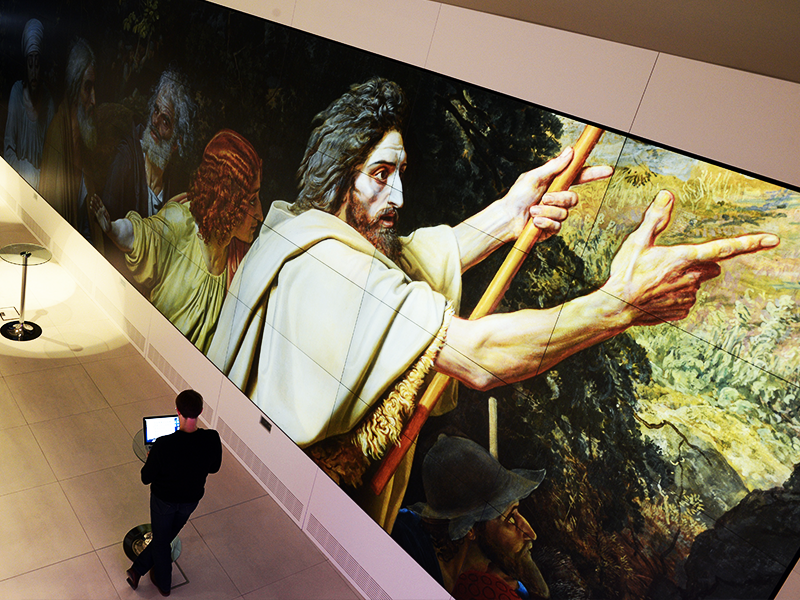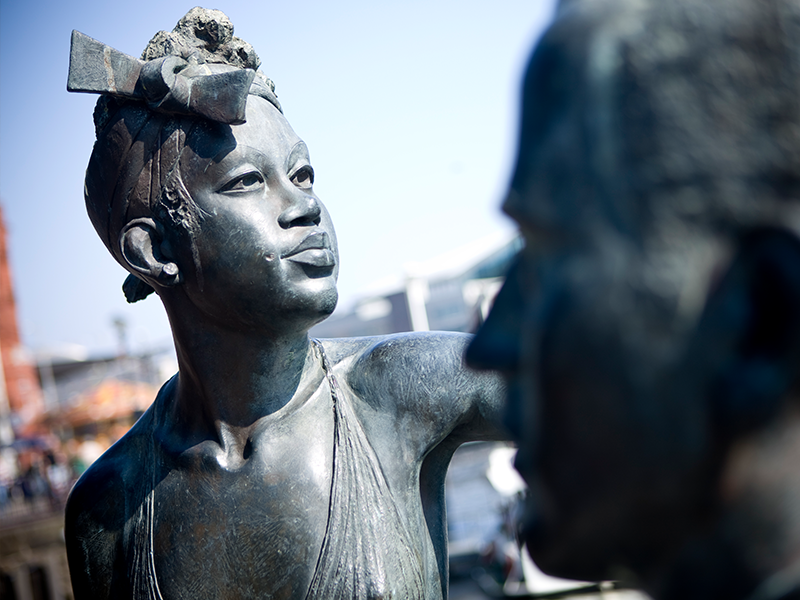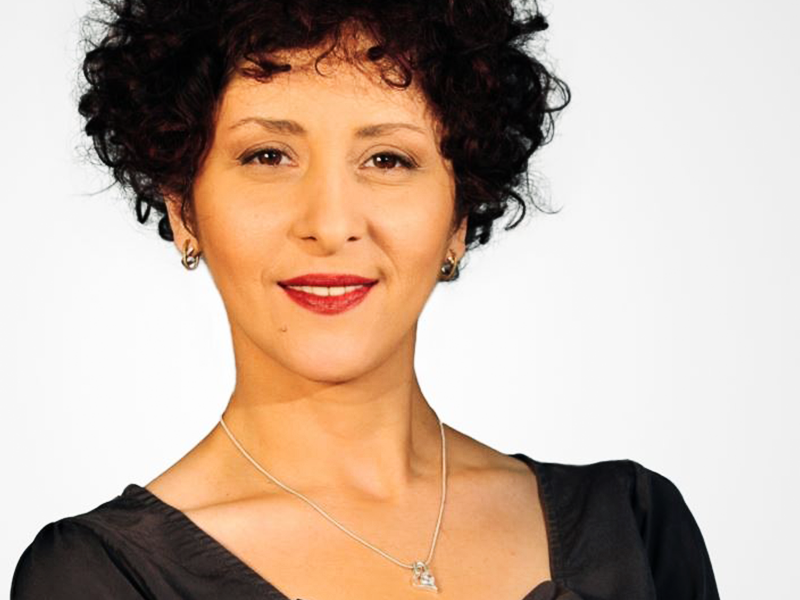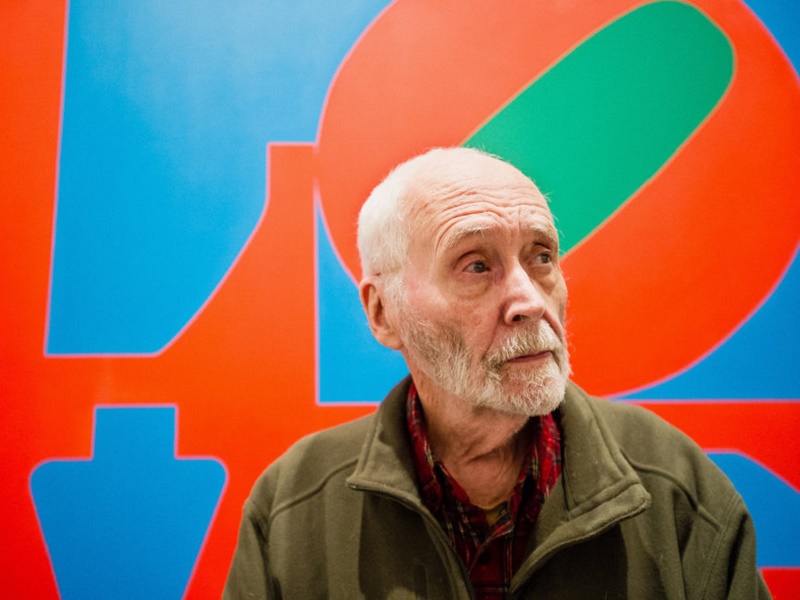
The Global Goals for Culture in the Eastern Partnership
For the first time the UN’s development goals for 2015-2030, or Global Goals, agreed at the UN General Assembly this weekend apply to “all people in all countries”. The goals also mention culture and the creative industries specifically for the first time. How will they impact cultural actors in the Eastern Partnership?
Well, any cultural organization applying for bi-lateral or multi-lateral funding will have to explain their proposals intervention logic through this lens. And any ministry dealing with culture and creative industries will have to speak to these goals internationally. The media will use these goals to hold government, civil society and private enterprise to account.
Here are the highlights in relation to culture and creative industries:
Goal 3. Education
By 2030, ensure that all learners acquire the knowledge and skills needed to promote sustainable development, including, among others, through education for sustainable development and sustainable lifestyles, human rights, gender equality, promotion of a culture of peace and non-violence, global citizenship and appreciation of cultural diversity and of culture’s contribution to sustainable development.
Build and upgrade education facilities that are child, disability and gender sensitive.
By 2030, substantially increase the number of youth and adults who have relevant skills, including technical and vocational skills, for employment, decent jobs and entrepreneurship.
Goal 4. Gender Equality
Enhance the use of enabling technology, in particular information and communications technology, to promote the empowerment of women.
Promote development-oriented policies that support productive activities, decent job creation, entrepreneurship, creativity and innovation, and encourage the formalization and growth of micro-, small- and medium-sized enterprises, including through access to financial services.
Goal 8. Decent Work and Economic Growth
By 2020, substantially reduce the proportion of youth not in employment, education or training. By 2030, devise and implement policies to promote sustainable tourism that creates jobs and promotes local culture and products.
Goal 11. Sustainable Cities and Communities
Strengthen efforts to protect and safeguard the world’s cultural and natural heritage.
By 2020, substantially increase the number of cities and human settlements adopting and implementing integrated policies and plans towards inclusion, resource efficiency, mitigation and adaptation to climate change, resilience to disasters.
Support positive economic, social and environmental links between urban, peri-urban and rural areas by strengthening national and regional development planning.
By 2030, enhance inclusive and sustainable urbanization and capacity for participatory, integrated and sustainable human settlement planning and management in all countries.
Goal 12. Responsible consumption and Production
By 2030, ensure that people everywhere have the relevant information and awareness for sustainable development and lifestyles in harmony with nature.
Develop and implement tools to monitor sustainable development impacts for sustainable tourism that creates jobs and promotes local culture and products.
Goal 16. Peace and Justice Strong Institutions
Substantially reduce corruption and bribery in all their forms.
Goal 17. Partnerships for the Goals
Policy and institutional coherence.
Enhance global macroeconomic stability, including through policy coordination and policy coherence.
Enhance policy coherence for sustainable development.
Multi-stakeholder partnerships.
Encourage and promote effective public, public-private and civil society partnerships, building on the experience and resourcing strategies of partnerships.




